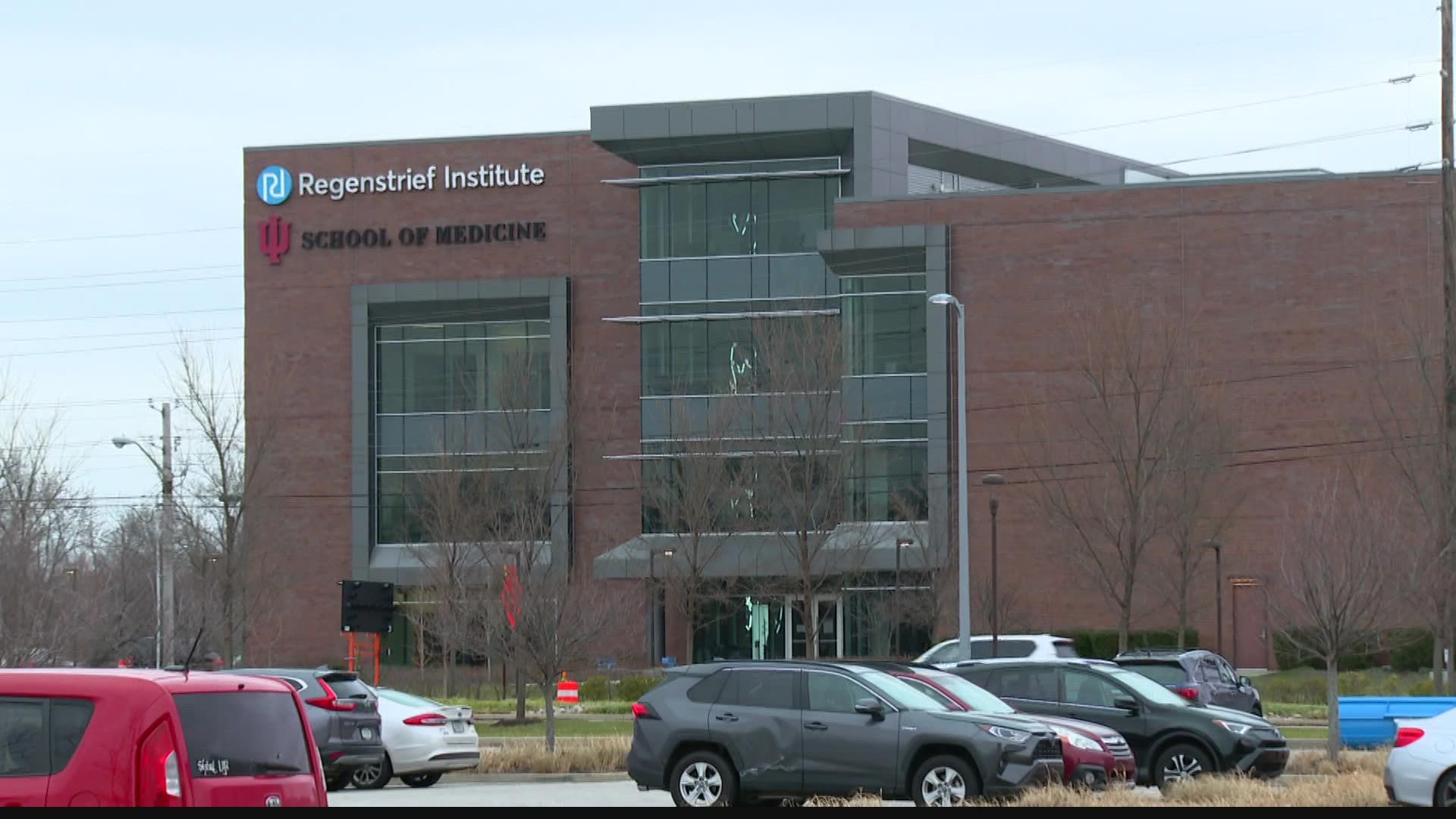INDIANAPOLIS — As the omicron variant continues to dominate the country, new real-life data is shining a light on ways to combat it. Researchers say the best defense is a booster shot.
On Friday, the Centers for Disease Control and Prevention released three studies on the effectiveness of the mRNA booster shots against the delta and omicron variants.
Currently, the omicron variant makes up more than 99% of COVID-19 cases in the United States, according to the CDC.
“This is good evidence that suggests there is a great reason to get your booster,” said Dr. Shaun Grannis, vice president for data and analytics at Regenstrief Institute. “As we look at the high positivity rates across the nation, there is a silver lining. We have yet more evidence that vaccines and boosters offer protection against severe disease, including omicron-related illness.”
Grannis is co-author of one of the recently released studies.
For months, researchers reviewed millions of cases, hundreds of thousands of emergency room visits and tens of thousands of hospitalizations.
In one study from August through January, the third shot of either Pfizer or Moderna’s mRNA vaccine reduced the chance of an emergency room or urgent care visit by 94% during the delta surge, and by 82% during the omicron surge. The booster also prevented hospitalizations during the delta outbreak by 94% and by 90% during the omicron outbreak.
Another study found that two doses of an mRNA vaccine were 38% effective for keeping people out of the emergency room for omicron-related infections six months after their second dose. A booster shot increased that effectiveness to 82%.
For omicron hospitalizations, two doses were 57% effective six months after the second dose. Once boosted, the effectiveness jumped to 90%.
The studies also showed boosters provided “significant protection” against initial infections and symptoms.
“We have been concerned about how well the vaccines will do against omicron and now we have some evidence that the booster does in fact provide very good protection,” Grannis said.
But right now, less than half of those that are eligible to receive a booster in the U.S. have received one, according to the CDC. In Indiana. it’s barely above 40%.
“I am hopeful this will encourage more Hoosiers who have completed the two-dose series to really think about getting that booster,” Grannis said.
With this new research, some are also questioning what it means to be fully vaccinated. Is it two doses or three? The CDC has yet to release any new guidance.
“We are seeing a transition from fully vaccinated to now being up to date with your COVID vaccines,” Grannis said.
Everyone 12 and older are eligible for a booster five months after their second dose. Pfizer's booster is the only one available for kids 12 to 17. You should get it five months after your second shot.
The Moderna booster is available for anyone 18 years of age and older.

